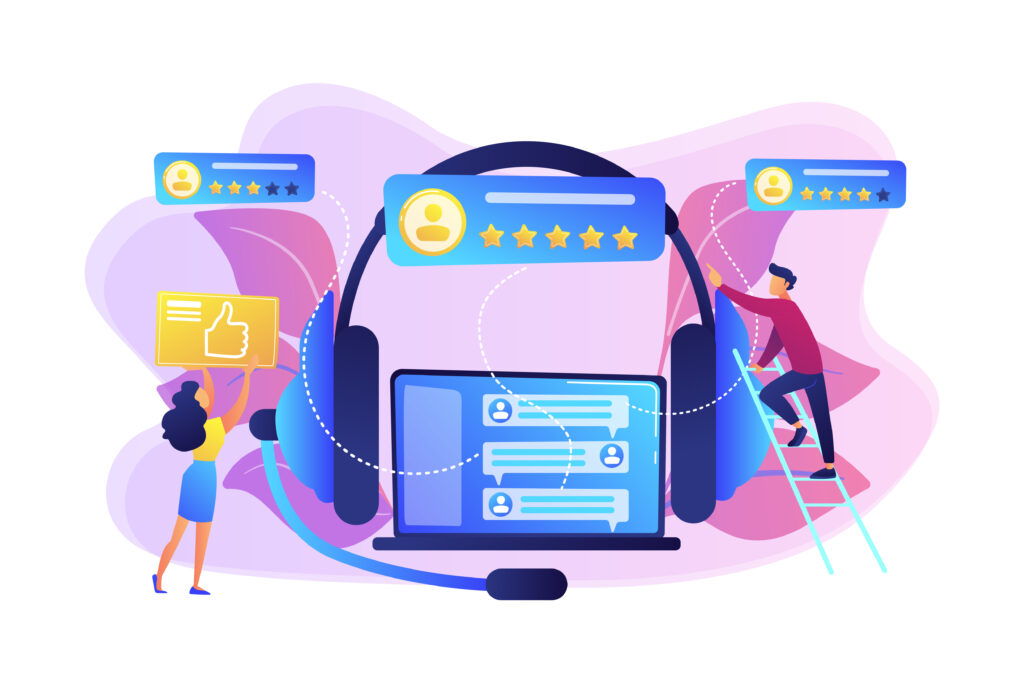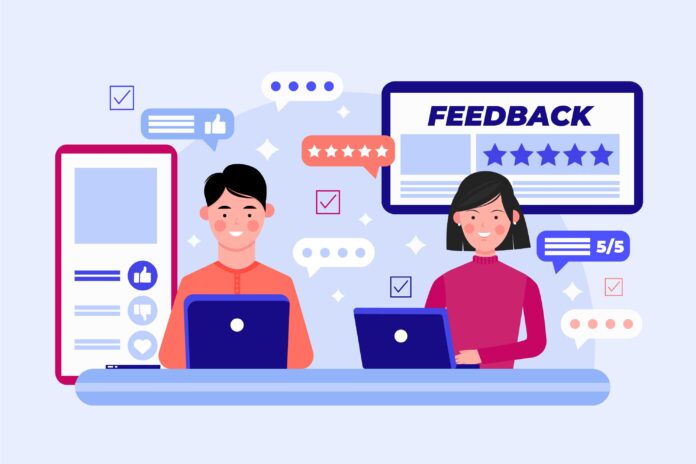In today’s competitive business landscape, startups face numerous challenges to stand out and succeed. One vital aspect that can significantly impact their growth is the customer experience they provide. Personalization has emerged as a powerful tool for startups to create meaningful connections with their customers. By tailoring their offerings to meet individual needs and preferences, startups can foster loyalty, drive customer satisfaction, and ultimately, accelerate their growth trajectory. In this blog, we will explore why startups need to prioritize personalizing the customer experience and how they can effectively implement it.
Understanding the Power of Personalization in Customer Experience
- Personalization defined: Personalization involves customizing products, services, and interactions to meet the unique needs and preferences of individual customers.
- Rising customer expectations: In today’s digital era, customers expect tailored experiences across all touchpoints, from website interactions to personalized marketing messages.
- Differentiation and competitive advantage: Personalization allows startups to differentiate themselves from competitors by delivering a superior customer experience.
- Enhanced customer loyalty and retention: By offering personalized experiences, startups can cultivate long-term customer loyalty, leading to increased retention rates and repeat business.
The Benefits of Personalizing Customer Experience

1. Improved Customer Satisfaction and Engagement
- Relevant and meaningful interactions: Personalization ensures that customers receive relevant recommendations, content, and offers that resonate with their preferences and needs.
- Enhanced customer engagement: Personalized experiences make customers feel valued and understood, leading to increased engagement and brand affinity.
2. Increased Conversion Rates and Sales
- Targeted marketing and product recommendations: By leveraging customer data, startups can deliver targeted marketing messages and personalized product recommendations, driving higher conversion rates.
- Reduced cart abandonment: Personalization helps address pain points in the customer journey, reducing cart abandonment rates and increasing sales.
3. Stronger Customer-Brand Relationships
- Emotional connections: Personalization fosters emotional connections between customers and brands, building trust and loyalty.
- Improved brand perception: Startups that prioritize personalization are perceived as customer-centric, innovative, and attentive to individual needs, strengthening their brand image.
4. Valuable Customer Insights and Data
- Actionable data: Personalization initiatives generate valuable customer data and insights, providing startups with actionable information to refine their strategies and offerings.
- Predictive analytics: By analyzing customer data, startups can employ predictive analytics to anticipate customer needs and proactively address them.
Implementing Personalization Strategies for Startups

1. Leveraging Customer Data
- Collecting and organizing customer data: Startups should implement robust systems to collect and organize customer data across various touchpoints.
- Utilizing technology and automation: Advanced technology solutions like customer relationship management (CRM) systems and artificial intelligence (AI) can help startups analyze and leverage customer data effectively.
2. Segmenting Customers
- Identifying customer segments: Startups should categorize their customer base into distinct segments based on demographics, behaviors, preferences, or purchase history.
- Tailoring experiences to segments: By understanding each segment’s unique characteristics, startups can create tailored experiences and offerings that cater to specific needs.
3. Personalized Communication and Marketing
- Targeted email campaigns: Startups can send personalized emails based on customer preferences and behaviors, offering relevant content and promotions.
- Customized website experiences: Implementing dynamic content on websites enables startups to display personalized recommendations, product suggestions, or tailored landing pages.
4. Proactive Customer Support and Service
- Anticipating customer needs: By analyzing customer data, startups can anticipate customer needs and offer proactive support or relevant recommendations.
- Tailored customer service interactions: Personalizing customer service interactions through chatbots or human agents can enhance the customer experience by providing timely and relevant solutions.
Overcoming Challenges in Implementing Personalization
1. Data Privacy and Security
- Compliance with regulations: Startups must ensure compliance with data privacy regulations such as GDPR or CCPA to protect customer information.
- Transparent data usage: Communicating transparently about data collection and usage builds trust with customers.
2. Scalability and Resource Constraints
- Prioritizing personalization efforts: Startups should focus on personalization initiatives that align with their resources and business goals.
- Automation and technology adoption: Leveraging automation tools and technology solutions can streamline personalization efforts and reduce resource requirements.
3. Integration of Systems and Processes
- Seamless data integration: Startups need to integrate various systems, such as CRM, marketing automation, and e-commerce platforms, to ensure a cohesive customer experience.
- Collaboration across departments: Cross-functional collaboration is crucial to align personalization efforts across marketing, sales, and customer service teams.
Successful Examples of Personalization in Startups
- Spotify: Offers personalized music recommendations and curated playlists based on users’ listening history and preferences.
- Stitch Fix: Provides personalized clothing recommendations and styling services based on customers’ style preferences and feedback.
- Netflix: Utilizes personalized movie and TV show recommendations based on viewing history and user ratings.
Final Thoughts
Personalization has become a necessity for startups seeking to thrive in a competitive market. By personalizing the customer experience, startups can build strong relationships, enhance customer satisfaction, drive conversions, and gain valuable insights. Although challenges exist, startups can overcome them through strategic data usage, targeted communication, and proactive customer service. By investing in personalization, startups can set themselves apart, cultivate customer loyalty, and pave the way for long-term success.

